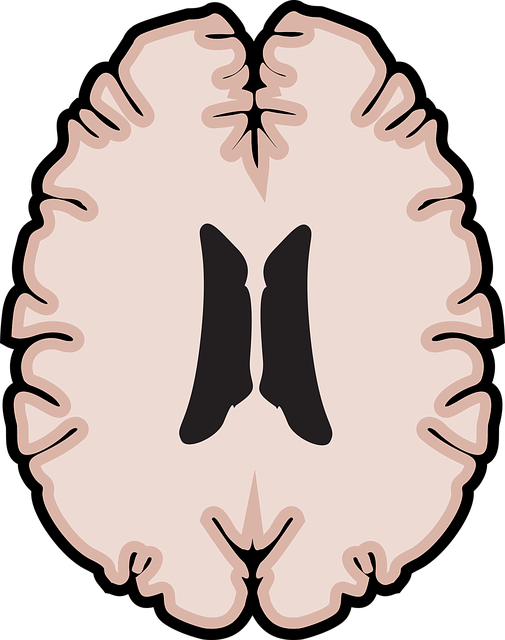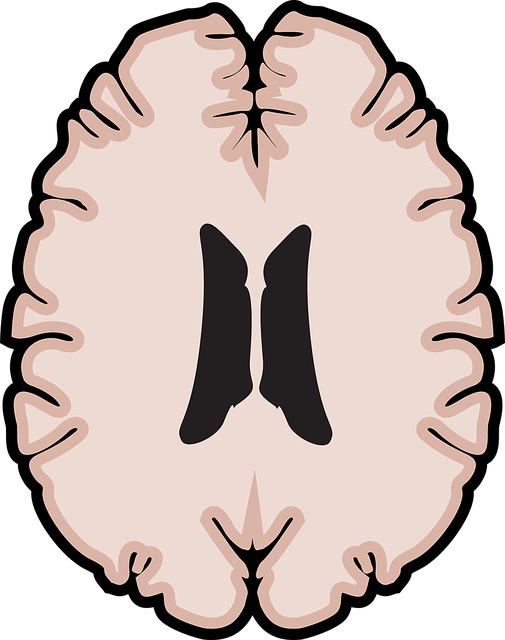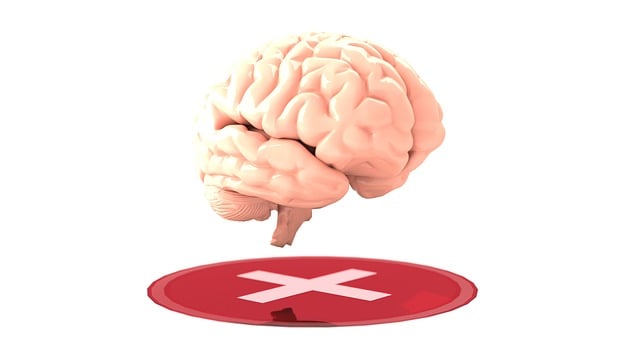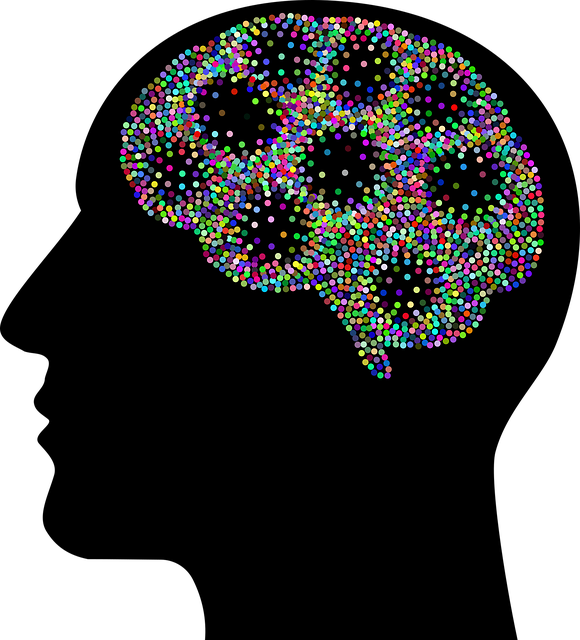Mental health policies are vital for supporting individuals with conditions like Lone Tree Dissociative Disorder (LTDD), influencing access to services, funding, training, and public perception. Stigma significantly hinders LTDD therapy-seeking due to misconceptions and fear; policy strategies to combat this include raising awareness, education, and fostering empathy. Effective LTDD therapy requires specialized care for symptoms like memory gaps and altered identities, with early intervention crucial to prevent comorbidities. Analyzing existing policies is a first step in improving care, identifying gaps, and advocating for evidence-based reforms that prioritize accessible, inclusive treatment. Strategic advocacy combines alliances, data-driven arguments, emotional intelligence, and stakeholder engagement to enhance LTDD therapy accessibility and implement effective prevention programs.
Mental health policy advocacy is a vital aspect of ensuring accessible, effective, and compassionate care for individuals grappling with mental illness. This analysis delves into key components shaping mental healthcare policies, highlighting the pervasive impact of stigma and its influence on service delivery. We explore unique challenges faced by those with conditions like Lone Tree Dissociative Disorder, analyzing existing policies and their efficacy. Furthermore, practical strategies are presented for advocates aiming to drive positive change in mental health policy, ultimately improving treatment outcomes for all.
- Understanding Mental Health Policy: A Foundation for Advocacy
- The Impact of Stigma and Its Role in Shaping Mental Healthcare Policies
- Lone Tree Dissociative Disorder: Uncovering the Challenges and Needs
- Analyzing Existing Policies and Their Effectiveness in Addressing Mental Health
- Strategies for Effective Mental Health Policy Advocacy
Understanding Mental Health Policy: A Foundation for Advocacy

Mental health policies are a cornerstone in advocating for better care and support systems for individuals grappling with various mental health conditions, such as Lone Tree Dissociative Disorder. Understanding the intricate web of policy frameworks is pivotal for anyone aiming to make significant changes in this domain. These policies dictate access to services, funding allocation, professional training, and public perception—all vital aspects that influence the quality and accessibility of mental health care.
Advocacy efforts can be significantly boosted by a solid grasp of communication strategies and conflict resolution techniques. By effectively conveying the needs and experiences of those affected, advocates can shape policies promoting early intervention, evidence-based treatments, and inclusive Stress Reduction Methods. This approach ensures that policy decisions are informed by real-world challenges and aspirations, ultimately fostering a more supportive environment for mental health care and addressing systemic disparities in access to treatment.
The Impact of Stigma and Its Role in Shaping Mental Healthcare Policies

Stigma remains a significant barrier to accessing mental healthcare services, particularly for individuals suffering from conditions like Lone Tree Dissociative Disorder. This social and cultural construct often leads to misconceptions and fear surrounding mental health issues, causing many to internalize their struggles and avoid seeking professional help. The impact of stigma is profound, as it can delay diagnosis, disrupt treatment plans, and perpetuate a cycle of avoidance and secrecy. As a result, policies advocating for mental healthcare must address these social determinants to ensure inclusive support systems.
By acknowledging the pervasive nature of stigma, advocacy efforts can focus on raising awareness, promoting education, and fostering empathy. Encouraging open conversations about mental health, integrating emotional intelligence into educational curricula, and implementing burnout prevention strategies within workplaces are all steps towards reducing the burden of stigma. Ultimately, these collective actions contribute to creating a more supportive environment where individuals feel empowered to embrace their inner strength and pursue effective treatments like Lone Tree Dissociative Disorder therapy.
Lone Tree Dissociative Disorder: Uncovering the Challenges and Needs

Lone Tree Dissociative Disorder (LTDD) presents a unique set of challenges within the mental health landscape. This complex condition, characterized by episodes of dissociation from one’s identity and surroundings, often goes undiagnosed due to its elusive nature. The journey towards recovery for individuals with LTDD requires specialized therapy that addresses the intricate web of symptoms, which can include memory gaps, altered identities, and a distorted sense of self.
Early intervention is crucial, as it can prevent the development of comorbidities such as depression or anxiety disorders. Therapy focused on inner strength development can empower individuals to navigate their experiences and regain control. Mental health professionals play a vital role in risk assessment, ensuring that clients receive appropriate care. By integrating evidence-based practices, therapists can tailor treatments to address the specific needs of those with LTDD, fostering a path towards healing and improved quality of life.
Analyzing Existing Policies and Their Effectiveness in Addressing Mental Health

Analyzing existing mental health policies is a crucial step in understanding their effectiveness and identifying gaps in addressing diverse conditions like Lone Tree Dissociative Disorder. In many regions, healthcare systems face challenges in providing adequate support for such specialized therapies due to policy limitations and resource allocation issues. By scrutinizing current approaches, advocates can uncover disparities and advocate for evidence-based reforms that prioritize accessible care.
Effective mental health policies should incorporate comprehensive strategies, including enhancing Healthcare Provider Cultural Competency Training to cater to diverse communities. Additionally, implementing Community Outreach Programs and Stress Management Workshops Organization can foster early intervention and prevention, addressing systemic barriers to treatment. These initiatives ensure a more inclusive and responsive healthcare system tailored to the unique needs of individuals suffering from various mental health disorders like Lone Tree Dissociative Disorder Therapy.
Strategies for Effective Mental Health Policy Advocacy

Effective mental health policy advocacy requires a multi-faceted approach to ensure that policies address the needs of individuals with various mental health conditions, including Lone Tree Dissociative Disorder. Firstly, building strong alliances with key stakeholders such as mental health professionals, advocacy groups, and policymakers is essential. These partnerships can amplify voices and create a collective push for change. Utilizing data and research to back up arguments is crucial; demonstrating the prevalence and impact of dissociative disorders like Lone Tree on individuals’ lives can help make the case for improved access to specialized therapy and support services.
Secondly, leveraging emotional intelligence to connect with decision-makers can significantly influence policy outcomes. Advocacy efforts should focus not only on the facts but also on the human stories behind the statistics. This approach helps in personalizing the issue, fostering empathy, and encouraging more compassionate policy decisions. Additionally, promoting evidence-based Stress Reduction Methods and Mental Wellness Coaching Programs Development can contribute to a holistic mental health policy framework that supports both treatment and prevention strategies.
Mental health policy analysis and advocacy are crucial components of ensuring accessible, effective, and stigma-free healthcare. By understanding the complex interplay between mental health policies and societal attitudes, such as the impact of stigma, we can uncover disparities highlighted by case studies like Lone Tree Dissociative Disorder. Effective advocacy strategies, built upon robust policy analysis, can drive meaningful change. This includes pushing for evidence-based practices, increasing funding for mental health services, and implementing policies that destigmatize mental illness. Ultimately, these efforts aim to improve the quality of life for those facing mental health challenges, like those suffering from Lone Tree Dissociative Disorder, through enhanced therapy options and supportive systems.














